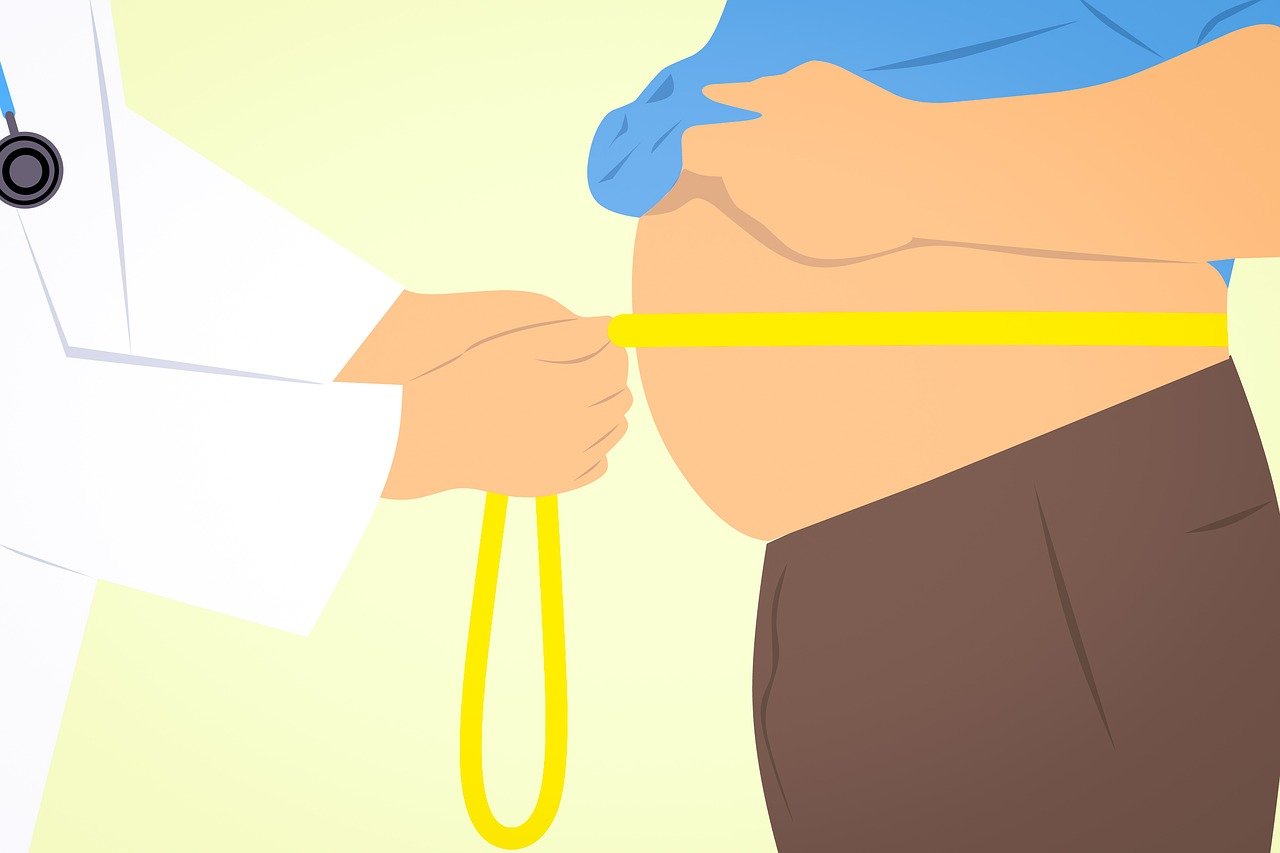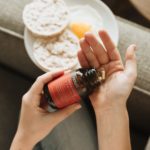Most people know that bread will rise if we mix sugar with yeast. However, most people, IBS ones in particular, do not know that the same chemical process happens in your intestines. What does that mean? It means there is a specific type of yeasts that live in our guts. It means the yeasts can be the reason why we bloat, and more importantly, why probiotics do not work for you.
What makes probiotics not work
The above analogy is found in a book by Glickman (2017), a nutritionist from UK, a book I read as I was puzzled by the fact that some of my IBS friends, have zero improvements after taking probiotics, regardless of brands and species.
So a few questions keep lingering in my mind:
- Why do probiotics work for only some IBS people but not all?
- Is there something in the guts blocking them from working?
- If yes, what is it?
After reading the book, another analogy came to my mind: buying concert tickets. You can buy a concert ticket online by a few simple clicks. However, here is a simple reason why the clicks do not work:
If you cannot buy any tickets it means the seats are occupied.
Well, can the same happens to our guts? If there is something occupying the space in my friends’ guts, or in yours, then probiotics have no chance of squeezing into the intestines.
No more seats for the concert
In other words, the space in your intestines are like a concert venue. If someone has taken a seat another person cannot get it. In a like manner, if something has taken space in our intestines probiotics cannot get in and be absorbed. Regarding that something, there could be quite a lot of possibilities. However, the most common ‘something’ is a kind of yeasts, of which some of you may have heard: candida.
To extend this line of analogy, if your small intestine is a concert venue and if too many seats are being taken by candida, probiotics can only take up a small portion of the seats. As a result a simple picture for you to understand the situation inside is: a large amount of candida versus a small amount of probiotics.
However, candida (in a small amount) is a perfectly alright situation for our bodies. It, however, become a problem to us when we have too many of them in our intestines (doctors call it candida overgrowth). In this situation, candida becomes something bad, so bad that it transforms (from a yeast to a fungus). And that transformation, according to Glickman, causes our stomach to blow up like a balloon (bloating).
However, bloating is not the biggest problem. Bloating could be a sign of something much more negative, much more harmful to our bodies: leaky gut.
What (on earth) is leaky gut?
Simply put, leaky gut is a (common) situation many IBS people suffer from. It is, indeed, a situation in which holes in your small intestine become too large. Too large? Yes, the lining of your small intestine act as a barrier that only allows good things (e.g. nutrients) to get into your bloodstream. Under normal circumstances our lining acts as a doorman ensuring only good guys come into your bloodstream. However, under ‘unhealthy’ circumstances, your doorman allows bad guys to get in too.
Who are those bad guys? According to a post on Harvard Health Blog, they are food partially digested, toxins, and harmful microorganisms. So picture this (though it is a horrible picture): lots of bad guys running into your bloodstream, which means
lots of gangsters have a ‘party’ all over your body as your bloodstream may take them anywhere.
What causes leaky gut: sugar & food giants
Though many IBS people know that leaky gut is caused by a variety of reasons (e.g. stress and antibiotics), the most common cause in the society we live today is: sugar. Why? It is because we now live in a place where ‘sweetness’ is everywhere, and in a city where some giant cooperations lure us to take sugar as much as possible.
You do not believe it?
Honestly, you do not have to listen to, not to mention, believe in me. However, the idea that we are trapped by too much sugar offered by cooperations echoes the claims by two giants, one from the medical field, a pediatric endocrinologist at University of California (Robert Lustig), and the other being the Pulitzer Prize for Explanatory Reporting in 2010 (Michael Moss).
Nowadays most people are addicted to sugar, and worst of all, trapped in a constant loop of eating more and more sugar (Lustig, 2017). Wait a moment. Addicted? Is that word a bit exaggerating? No, hundred-percent not. It is a fact in our modern society. How does this ‘exaggeration’ come about? When we take sugar, it triggers a surge of dopamine, a thing that give us immediate pleasure. But when we get used to a certain amount of sugar, we will need (not want) more. Think about it: The more we want it, the more we take it. And the more we take it, the more we want it. Is there a term more fitting than ‘addicted’ to describe this cycle?
Moreover, cooperations, from the processed food industry, know about this cycle of addiction well, so well that they make use of it as part of their marketing strategies (Michael Moss, 2012). What have they done to lure and trap us? Actually quite a lot and one of them has to do with healthy diets. Riding on the tide of healthy diets, they fill supermarkets and convenience stores with junk diets but using “all-natural” or “made with whole grains” to describe ‘foods’ that are still high in sugar (and calories).
Put simply, people, including ones with IBS like you and me, have leaky gut because we are trapped to the addiction of sugar, an addiction that is hard to combact due to the marketing strategies that are smart but harmful to us.
Candida & sugar: The love that is romantic but toxic
So now you are convinced that sugar is a main culpuit of leaky gut as we are trapped in an addiction managed by processed food comapnies. But what does this have to do with candida?
There is a special bonding between sugar and candida, so special that they cannot live without each other. And because candida (in our guts) loves sugar so much they will send this signal of love through the gut-brain axis to our brains. (Yes, some of you may have already known about the axis. Micoorganisms, candida included, in our guts ‘talk’ to our brain through the axis). With that calling, you will look for, rush for, and crave for, your favourite desserts and processed food. So, next time you crave for desserts, remember it is acutally not you wanting more sugar, but Candida in your gut. Candida ‘communicates’ with your brain, compelling you to grab sweets. Its love for sugar hijacks both your mind and body.
As a result of the bonding, this couple will swim in our bloodstream and treat every part of our bodies as date spots (another way to describe the leaky gut we just mentioned). In a word, the bonding and love between Candida and sugar is romantic, but toxic to us.
The team work of Candida
However, it is not just the romantic love between Candida and sugar you have to combat. Candida will go hand in hand with others to form a team, and worst of all, such a team can produce a shield (doctors call it biofilms). Such a shield acts as a protective layer, making it hard for medicines to reach teams of Candida, not to mention killing them. Making it hard? What does that mean?
First, the teams of Candida weaken the power of a crucial type of white blood cells (macrophages). Marcrophages? They are defenders of our bodies with three grand tasks: detecting, engulf and destroying harmful things. However, the protective shield of Candida is so thick that our great defenders cannot get through it, making the Candida undetectable. Worst of all, the shield has the ability to prevent macrophages from becoming active and producing necessary signals, chemcial messages telling other cells in the immune system to be on alert.
Second, another line of our immune system is also blocked. Neutrophils ( ) are skillful at attacking Candida when the fungal is in on their own in a free-floating state. However, the shield of Candida
Neutrophils, important immune cells, struggle to fight biofilms. They are good at attacking free-floating Candida cells but less effective against biofilms. The structure and secretions of biofilms block neutrophils from getting in and engulfing the cells. Biofilms can also cause neutrophils to form traps, which Candida can use to strengthen the biofilm. This shows how biofilms can manipulate the immune response to their benefit.
(Macrophage Evasion
Macrophages, a critical component of the host’s defense, are often impaired by biofilms. The dense matrix obstructs macrophage penetration, while biofilm cells can alter their surface antigens to avoid recognition. This evasion extends to the secretion of immunomodulatory molecules by the biofilm, which can inhibit macrophage activation and cytokine production. By skewing the immune response, Candida biofilms create a microenvironment that favors their persistence, complicating infection clearance.
Neutrophil Interactions
Neutrophils, another frontline immune defense, face challenges in combating biofilms. While neutrophils are adept at targeting free-floating Candida cells, their efficacy diminishes against structured biofilms. The biofilm’s architecture and secreted factors hinder neutrophil infiltration and phagocytosis. Additionally, biofilms can induce neutrophil extracellular trap (NET) formation, which, although intended to ensnare pathogens, can be exploited by Candida to enhance biofilm integrity. This dynamic interaction highlights the biofilm’s ability to manipulate immune responses to its advantage.
source: Candida Biofilms: Formation, Structure, and Antifungal Resistance – BiologyInsights)


